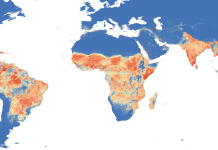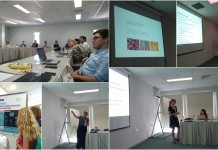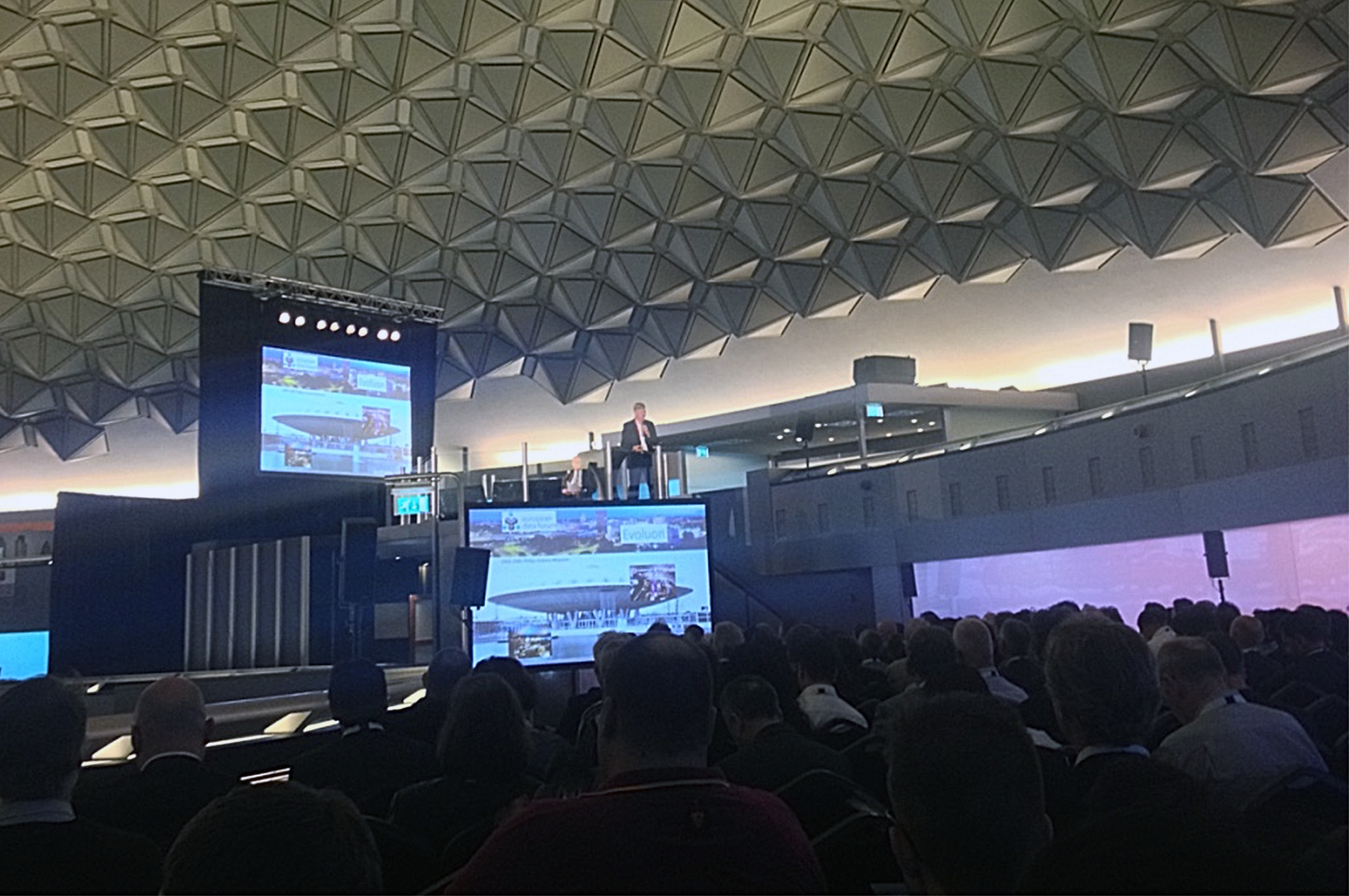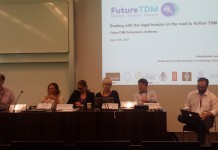In 2016, European Data Forum (EDF) was organised by the Data Science Center Eindhoven of the Eindhoven University of Technology in cooperation with Amsterdam Data Science and the European Commission.
FutureTDM presented our project at the poster session, and engaged into diverse conversations with EDF participants. You can find our poster here.
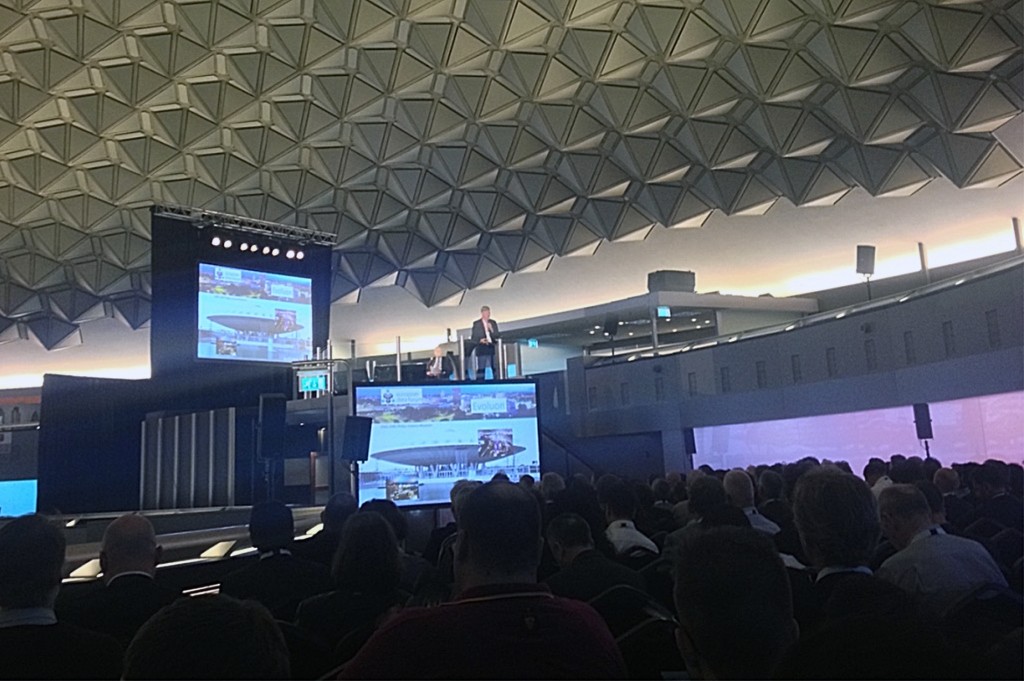
The discussions at the EDF 2016 covered many of the topics that FutureTDM looks into:
How is the Big Data transforming our societies and economies already?
The changes comes through its disruptive nature: the biggest store in the world doesn’t actually have stores, the largest taxi company doesn’t own cars, and this is only the beginning.
We need standards for data, so that its potential can be released through text and data mining. What should be the main features of these standards?
The standards for Big Data should be conceptually simple, such as a barcode, for example. This way these standards will be easy to implement and to adopt on the large scale.
What are the main aspects that affect differences in performance on the Big Data market between Europe, USA, and other growing markets?
- Market appearance: USA is seen as one market, while Europe is not, due to its diversity in terms of legal regulations, language heterogeneity, etc.
- Technology: Interestingly enough, the gap between Europe and USA is not that big in a way, as data holders on both sides of the Atlantic have not reached yet that much maturity!
- Culture:
- Europe vs USA: Silicon Valley culture with high risk appetite is different from less risky Europe. Thus, loads of brightest European minds transfer to Silicon Valley to try out their innovative business ideas and to run their business there.
- Europe vs India: In India there is a philosophy that sharing is caring, while in Europe a question, whether there any competitive advantage in not sharing, comes first.
- Attitude towards privacy: In Europe there is tendency to care more about privacy than in USA, which might be affecting the text and data mining process, as in Europe there are much more regulations across the countries.
- Big Data Services:
- Digital transformation of the market is the main driver for the development of services providers companies.
- From an SME perspective, it is not economically efficient to develop those services themselves, therefore they outsource those activities.
- Currently, loads of service providers are based in USA. Thus EU Commission and Europe should foster the creation of the providers. If we leave it to individuals, then there will be more fragmentation. The actors should look at the long view, and not only short term.
Domains specific comments:
- Healthcare: Big Data offers a possibility to develop a concept of continuous care. However, the stakeholders in the field have varying attitudes towards this potential development path:
- The patients are more open to the Internet of Things (IoT) in the healthcare framework that the healthcare professionals;
- The doctors need additional training to make use of the avalanche of data that they can potentially get access to;
- The healthcare industry overall stays very restricted and mostly locked due to the reimbursement system it is built upon.
- Insurance: in Europe the insurance market is way behind, as in many EU countries the data is not even digitised yet.
- Tourism: in USA, this industry is centered around chains which helps to collect and make use of data, while in Europe there is a lot of fragmentation.
At the Forum, the participants emphasized a lot of fears related to the Big Data. However, all of them agreed with the idea that we need to persuade general audience by showcasing the visionary ideas, opportunities for success, positive outcomes, and roadmaps for future development.
Within FutureTDM project, we collect the feedback from all types of stakeholders and highlight the blossoming cases.
Have a look at our Deliverable 4.3 Compendium of Best Practices and Methodologies.




